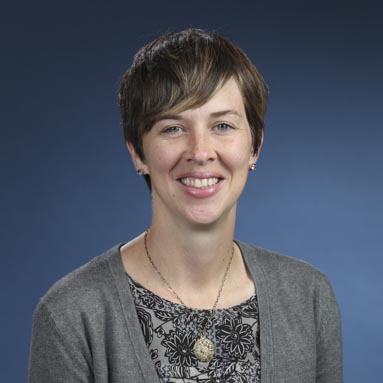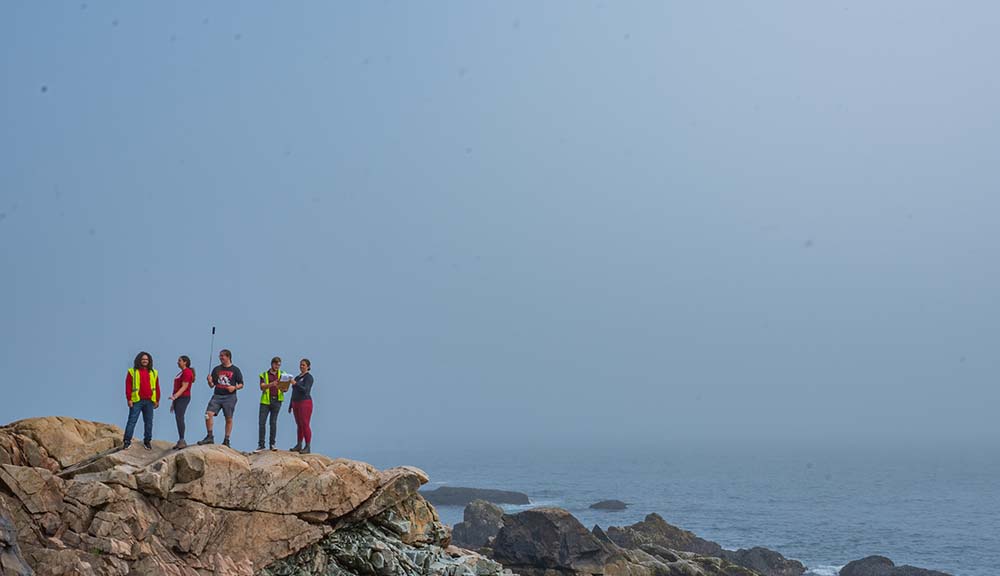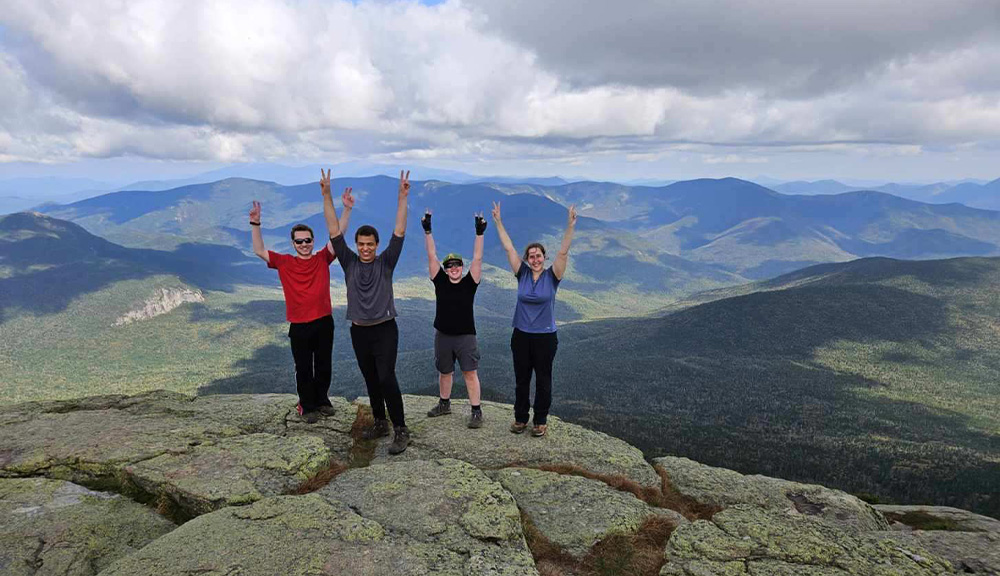WPI students are known for making an impact near and far—just look at their project work. While many do travel across the country and around the world to complete their Interactive Qualifying Projects (IQPs), there’s just as much work to be done and impact to be made in WPI’s own backyard.
One of the newest project centers is the Farm Stay Project Center, located at Turn Back Time farm and nature-based education center in nearby Paxton. It gives students a chance to complete project work focused on subjects like renewable energy, climate resilience, organic food production, and sustainable forest management—all without leaving the 508.
Read about the experiences of two students and how their project teams worked together with the sponsor to create memorable experiences for Turn Back Time visitors. Though their IQPs have come to completion, the impact of their work is just beginning.
“Turn Back Time is evolving, and I often talk about how initially the story was all about us and our family. Now Turn Back Time has its own story, which, to me, is really comforting and amazing.” —Lisa Burris, project sponsor
When Lisa Burris began Turn Back Time, she had done so with two of her children in mind, both of whom had exceptional needs. “They struggled with challenging behaviors to find a place where they could just learn and be,” she explains. “Nature was very beneficial to them—their language skills were better outdoors, they were more present socially. We started to create this community around us, a place where visitors could feel a sense of belonging.”
After a meeting with Lisa Stoddard, associate professor of teaching, who directs the Farm Stay Project Center, it was realized that WPI students were in a prime position to help address different challenges faced by the farm, as well as offer suggestions to improve and enhance the experiences of visitors.
“We started thinking, ‘Well, what if this was a project center?’” Stoddard recalls. “Students with an interest in the work being done there or those who couldn’t travel far from campus could still get the mainstay of a WPI education, the thing we’re known for and our pinnacle experience. It provided more equitable access for all of our students, regardless of their ability or desire to travel.”
“We felt very lucky that this was one of a few project centers we could travel to during COVID-19 and to have physical deliverables that are meaningful and useful for our sponsors.” —Minh Anh Kieu ’22
From a rainwater catchment system (the first project students embarked on once the partnership came to life) to a garden enclosure designed by a group of ROTC students to prevent forest animals from eating crops while still allowing pollinators through. Stoddard jokingly describes it as “The Fort Knox of garden enclosures.”
Students were taking advantage of the opportunity to travel to the nearby project center during the day before returning to campus for jobs, labs, and other obligations. Its flexibility and proximity to campus made it one of the few project centers students could travel to during the ongoing COVID-19 pandemic.
“We felt very lucky…to have physical deliverables that are meaningful and useful for our sponsors,” says Minh Anh Kieu ’22, whose team worked to design and build a mobile farm stand. “... it taught me to think beyond technical and theoretical terms and consider the other sustainable and ethical aspects that define the meaningfulness of a solution to a certain community.”
What originally started as a commuting project center has recently added a residential option. Thanks to the 2020 senior class gift, Turn Back Time had the seed money to build a $300,000 yurt village, giving students the chance to immerse themselves even further in their project work at Turn Back Time. “I cried,” Stoddard said in a previous article announcing the gift. “They’re able to increase the opportunities for their peers to have a similar IQP experience.”
“I had personally never heard of forest schooling, and the concept seemed very distinct. We often solely think of traditional schooling methods, with maybe some outdoor STEM component, but never address the alternatives.” —Victoria Heffern ’23
One of the core goals of the Farm Stay Project Center is to improve STEM’s accessibility and introduce its concepts to a wider audience of children through myriad activities and experiences. That’s why, as part of their project work (often referred to at the farm as “learning labs” or “learning stations”), WPI students are also expected to write a curriculum for three- to eight-year-olds with suggestions on how to expand to older audiences that complements their project.
“There are kids who may not see themselves achieving in STEM, but when you’re outside with animals and digging through the dirt, they’ll discover things that they’ll excel at and have fun doing without the usual structures and rules, creating an early pathway to allow them to see STEM in a much broader and more inclusive way,” Burris explains.
Some of those broader, more inclusive ways came in the form of two new student projects: a soil exploration station that teaches children how to test soils and how to work in different gardening areas; and a forest classroom, which initially began as the development of a bridge system to cross over a vernal pool before evolving into an interactive learning area for research materials, hands-on interactive exhibits, magnifying stations, and places for children to sit down and read among nature.
“[The students] come to the farm and feel peaceful; their stress is reduced. Being outside in nature benefits them as much as it benefits the youth their projects are supporting. They get a lot of mental and emotional health benefits from being there.” —Lisa Stoddard, project center director
In addition to the project opportunities afforded to students, Stoddard is proud of the fact that because of the Farm Stay Project Center’s direct ties to the outdoors, students can connect with nature—and use that connection to enhance their learning.
“[The students] come to the farm and feel peaceful; their stress is reduced,” Stoddard explains, adding that several students have told her they considered their time at the project center to be the best part of their week. “Being outside in nature benefits them as much as it benefits the youth their projects are supporting. They get a lot of mental and emotional health benefits from being there.”
That sense of comfort and having become part of a community is so prevalent that many students even end up returning to visit the farm once their projects have concluded to see their work still being utilized by the children and other visitors to Turn Back Time. Burris sums it up best: “It’s been great for them to be able to see how their projects have evolved, and for them to continue to be part of the community.”





